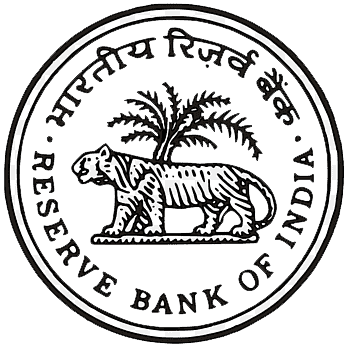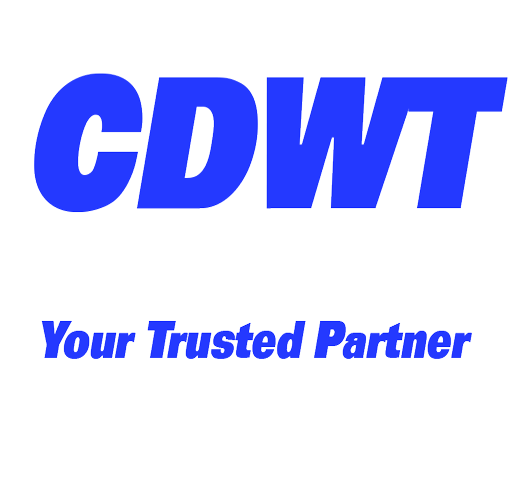RBI – Reserve Bank Of India – Compliance
Ensure RBI compliance for a strong security infrastructure, safe banking, and a strong ethical culture. Advanced internal audit frameworks help to secure financial services.

Compliance Is 'A Required Act': For Sturdy Security
With an ever-changing economic and technological environment, the financial sector has experienced a huge transition, ushering in extreme changes. Technology has evolved into a disruptive force that is reshaping the financial industry, business methods, and banking structure. This paradigm change has introduced new issues like as “compliance,” “risk management,” “data security,” “embracing ethical standards,” and others.
Compliance must be implemented from the beginning of company operations to become a substantial element of the organization’s ideology. Recognizing the advantages of a strong compliance culture as well as the consequences of bad behaviour, the Indian banking environment must be reinforced. RBI compliance is capable of embracing higher levels of integrity and ethical behaviour while keeping up with the changing nature of laws.
A Reliable Compliance with the RBI
While supervising financial institutions and non-banking finance organisations, the RBI supervises India's financial markets and preserves economic stability, assures an effective compliance culture, fosters growth, and proposes compliance functions and risk management programs. RBI compliance assists Indian financial institutions in combating financial crime by focusing on AML/CFT rules, eliminating financial irregularities, issuing licenses to banks, and improving their compliance performance.
Responsible for $75 Million in US sales across multiple product lines – hardware, software, services and delivery solutions.
Team size is: 60 inside sales account executives, 12 field TSRs, 5 inside sales managers, 2 sales training managers.
Why Should Businesses Embrace RBI Compliance?
There are several reasons to create essential rules and processes to support compliance.
The following are some advantages:
- Automation
- Risk Control and Mitigation
- A Vital Change and Innovation Driver
- Improve Consistency
- Reduce Unintentional Errors










Mapping RBI Compliance
Level 1: Assess
-
Gather all necessary information about firm IT assets, categorise the available data, and prepare to use applicable strategies.
-
This comprises a Cyber-crisis Management Plan, a Cybersecurity Management Program, as well as raising awareness and protecting consumer information.
-
Level 2: Fieldwork
-
Determine who is responsible for defining and implementing rules that safeguard information assets, and address cybersecurity challenges while assuring compliance.
-
Network Management and Security, Application Security Lifecycle, Periodic Testing, Anti-phishing, Data Leak Prevention Strategy, Audit Logs, and Incident Response and Management are all part of this level.
-
Level 3: Review
-
Analyze, identify, and correct anomalous behaviour in IT infrastructure, systems, or applications.
-
To add tiered security procedures, audit source code, business functionality, security implementations, security event monitoring, and so on.
-
This level implements measures such as User Access Control, Advanced Real-time Threat Defense and Management, Audit Log Maintenance, Monitoring, and Analysis, and Risk-based Transaction Monitoring.
-
Level 4: Recommendations/ Mandatory Actions
-
Set up continuous monitoring or a SOC to secure company and consumer data while according to national legislation and laws.
-
Recommend a cost-effective technological framework for implementing proactive monitoring capabilities.
-
Forensic and Metrics, IT Strategy and Policy, IT and IS Governance Framework, Information Security Committee, Board Audit Committee, and more.
-
Managed Compliance Services from CDWT
CDWT’s Managed Compliance Services enable enterprises to supplement their IT infrastructure, security networks, cloud platforms, data structures, and software/apps in order to become completely compliant with global legislation and standards.
We investigate customer landscapes, access functionalities, and workloads in collaboration with A-star compliance professionals and modern technologies to validate whether or not they adhere to respective protocols while bestowing effective strategies and employing critical processes to risk-proof compliance globally. CDWT Managed Compliance Services protect essential cloud platforms including hyperscaler cloud landscapes, private clouds, third-party environments, on-premises or remote ecosystems, and assist them in becoming completely compliant with the following services:
IRAP
The Information Security Registered Assessors Program (IRAP) is a collection of security procedures and frameworks designed to audit, assess, and measure an organization's cybersecurity effectiveness in accordance with Australian security laws and standards. The Australian Signals Directorate keeps an eye on this (ASD)
Bank Negara Malaysia
Bank Negara Malaysia oversees a key compliance structure and laws pertaining to BFSI operations and financial institutions (BNM)
Oman's Central Bank
Oman's Central Bank has approved regulations that apply to all BFSI services including financial institutions.
SAMA
Saudi Arabian Monetary Authority-regulated centralized cybersecurity framework and methods to aid enterprises across all sectors in efficiently protecting their operations, assets, and data.
FINMA
Swiss Financial Market Supervisory Authority regulations and frameworks for supervising banks, financial institutions, insurance companies, stock exchanges, securities dealers, and so on.
UAE Regulations
Enhanced UAE compliance with relation to data residency, privacy, and other legislation affecting corporate activities in the UAE.
RBI
Security, operational management, data administration, and other compliance rules apply to BFSI operations and financial institutions. Delivered by the Reserve Bank of India, the nation’s leading financial body.
MAS
The Monetary Body of Singapore, the country's primary BFSI authority, established guidelines on outsourcing financial institutions' operations and procedures.
OJK
The Financial Services Authority of Indonesia (Otoritas Jasa Keuangan) issues and monitors regulations on the running and operations of financial institutions.
GDPR
The General Data Protection Regulation (GDPR) is a set of advanced laws that control the gathering and use of personal data from European Union residents.
PCI-DSS
The Payment Cards Industry Data Security Standard establishes guidelines and benchmarks to guarantee that all businesses receiving, storing, and processing credit card data operate in a secure environment.
HIPAA
The Health Insurance Portability and Accountability Act establishes standards and protocols to safeguard the privacy, confidentiality, and integrity of sensitive patient information. Healthcare organizations get the HITRUST (Health Information Trust Alliance) accreditation as verification that they meet HIPAA regulations.
GXP
The GXP compliance standard is an abbreviation for regulatory standards and recommendations applicable to a larger range of life sciences, food, and medical items, among other things (the 'X' stands for any letter appropriate vertically). Good Laboratory Practices (GLP), Good Clinical Practices (GCP), and Good Manufacturing Practices (GMP) are a few examples (GMP).
ISO Standards
Introduced by the International Organization for Standardization, these frameworks validate the worldwide standard standards applicable to any item or service. The number after an ISO denotes the category: ISO-27001, ISO-27017, ISO-27018, ISO-22301, ISO-20000, and so on.





